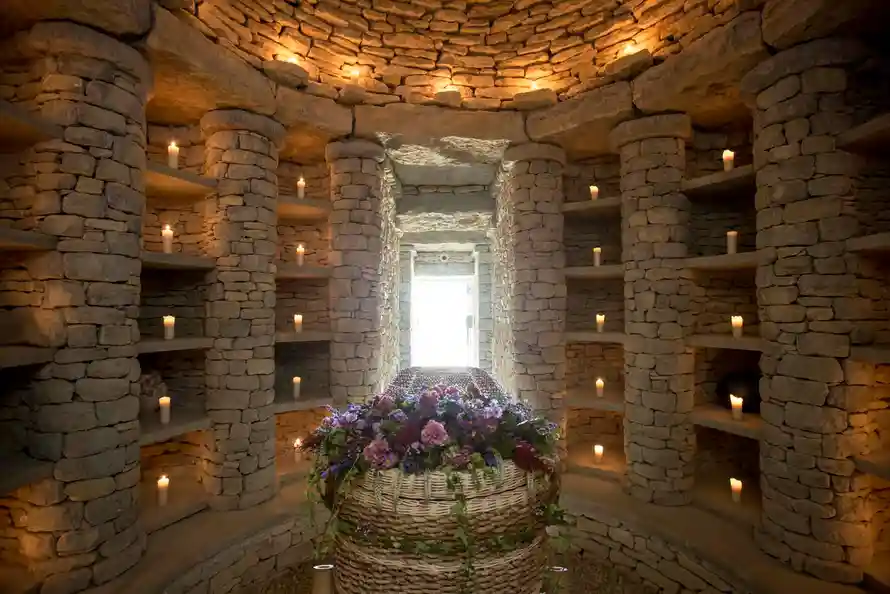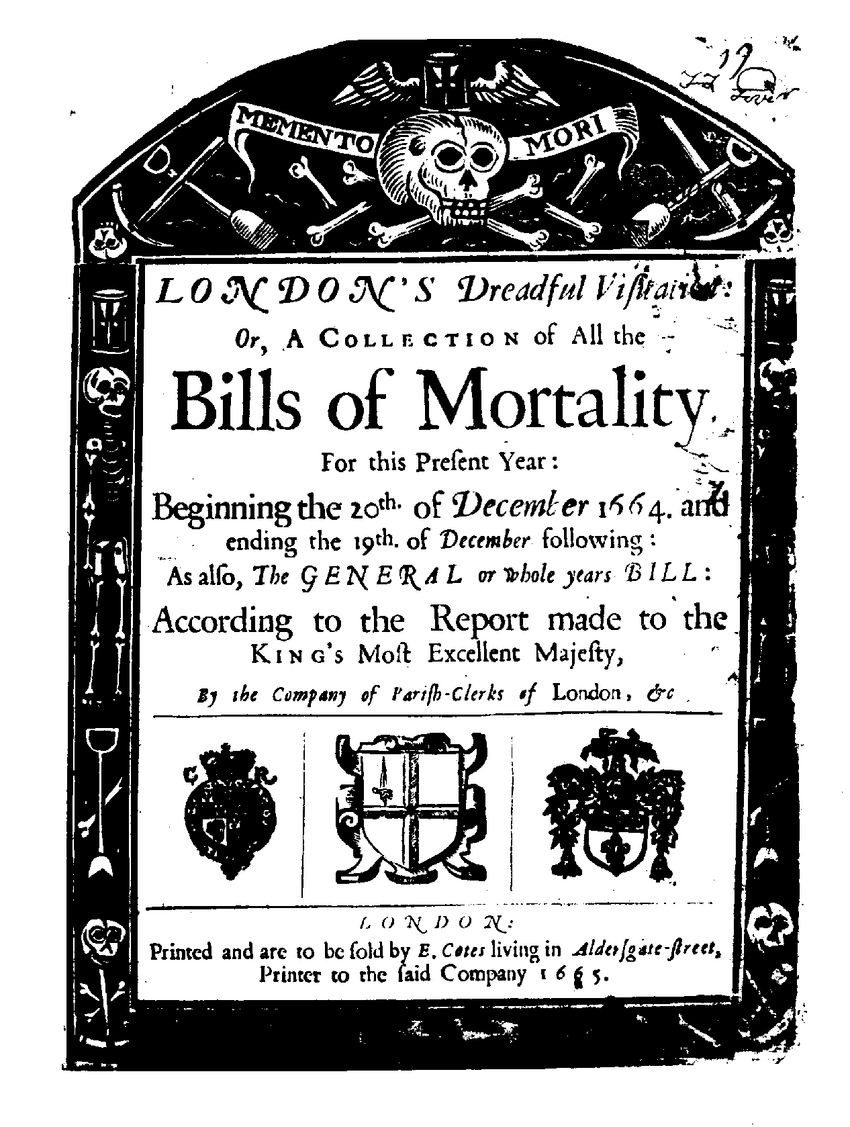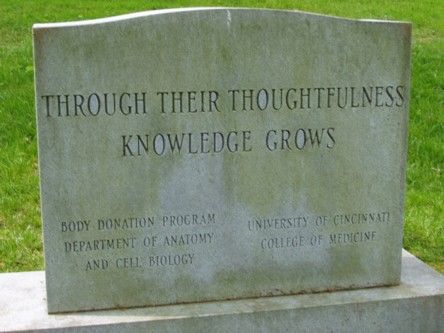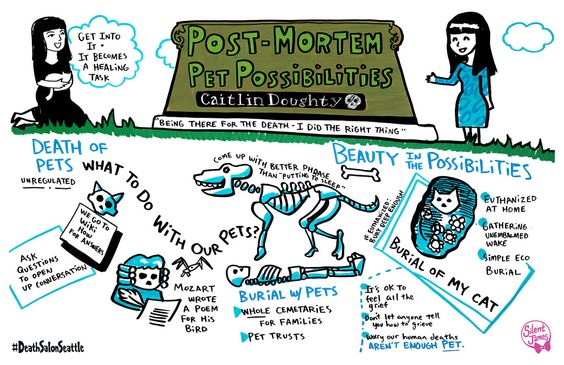Myth: Corpses are dangerous and can spread disease.
Fact: The vast majority of dead bodies are 100% safe to be around after death. In fact, the living are far more dangerous vectors for disease than the dead. The reason for this is twofold. First, corpses are not actively coughing, sneezing, or pooping—sending disease into the air or water. Second, most bacteria and viruses die off once their host dies. The few diseases that can survive and spread postmortem, like Ebola and Avian Bird Flu, are unlikely to be the cause of death in your area. Even decomposition, while smelly and potentially hard to face, is not dangerous.
Myth: Embalming corpses protects the public health and is required by law.
Fact: As previously stated, the dead body is not dangerous, and doesn’t need to be made safe through the embalming procedure. Embalming is used for preservation of the body, not safety. The embalming process can actually be detrimental to the embalmer, who must don a protective suit and wear a ventilator because of the toxic chemicals used. In most U.S. states, embalming is never required unless there is a significant delay in the body’s final disposition (and refrigeration is almost always a non-invasive alternative).
Myth: You have to hire a funeral home and funeral director for every death.
Fact: Not every death has to result in a $10,000 funeral. There are varying degrees of DIY death care available to your family. The most well known is a home funeral, or caring for the body at home. Home funerals are legal in all U.S. states, and can be a powerful, less expensive way to mourn. For other aspects of the funeral, from filing the death certificate and transporting the body, unless you have planned in advance it may be easier to hire a funeral home, especially in larger cities. There are currently nine states that require you to work with a funeral director on some aspect of the funeral, learn which states they are and more about home funerals here.
Myth: Prepaying for my funeral is a good investment. When I die everything will be paid for.
Fact: Prepaying for a funeral is a personal choice, but you should be aware of some realities. To start, prepaying for a funeral does not mean that all costs will be covered upon death. Autopsies, obituaries, flowers, grave opening fees, and crematorium fees are not accounted for as they come from third party vendors. These will create surprise costs for your family at death. If you were to die in a different city, state, or country or change your mind about your burial preferences it is likely that you would not get a full refund. Perhaps most distressingly, prepaid funerals are not protected against embezzlement in most areas.
Myth: A “protective” or sealer casket will preserve and protect the body.
Fact: Though funeral homes offer sealed caskets, often for an additional several hundred dollars on the price of the casket, they cannot preserve the body. Corpses—even embalmed ones—will decompose eventually. As for preservation, sure, a casket can seal the body from the elements (air, rain, moisture, wind, etc) but even that is only temporary, especially since the rubber sealer will often decompose faster than the metal around it, letting the elements in. Funeral directors cannot legally tell you a sealed casket will better protect or preserve the body.
Myth: Decomposing bodies pollute the soil and groundwater.
Fact: Even if a body is buried straight in the ground, as is often done at a green burial ground, it will not affect the soil or groundwater. No contamination has ever been found or reported at a green burial ground in the U.S., Canada, UK, or Australia. However, water and soil contamination are found from historical embalming fluid and the metal from caskets, both forbidden at a green cemetery. Unembalmed, uncasketed bodies actually help the soil to flourish by creating their own biome. Decomposition attracts all sorts of plants and creatures—there is a reason many Indigenous people used dead fish to fertilize crops.
Myth: Cremated remains must be interred at a cemetery or kept in an urn.
Fact: While this is true in some countries, the U.S. has some of the most permissive cremated remains laws on the books. While state burial permits may ask where you plan to keep, scatter, or store cremated remains, the ashes themselves can be kept in any receptacle you wish—cookie jar, Birkin bag, hourglass—the limit is your creativity. It is always legal to scatter or bury cremated remains on private property. If you want to scatter cremated remains on public land or at sea check with the local government to see what restrictions are in place. Just don’t scatter them at Disneyland or the Met, please.








